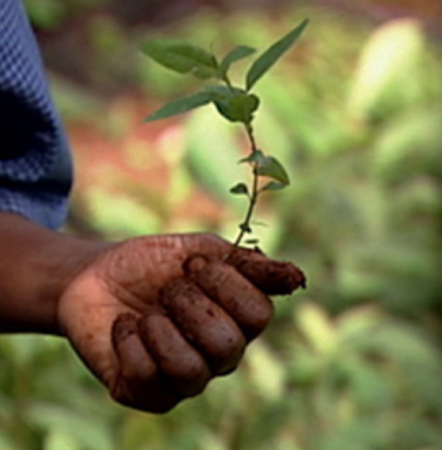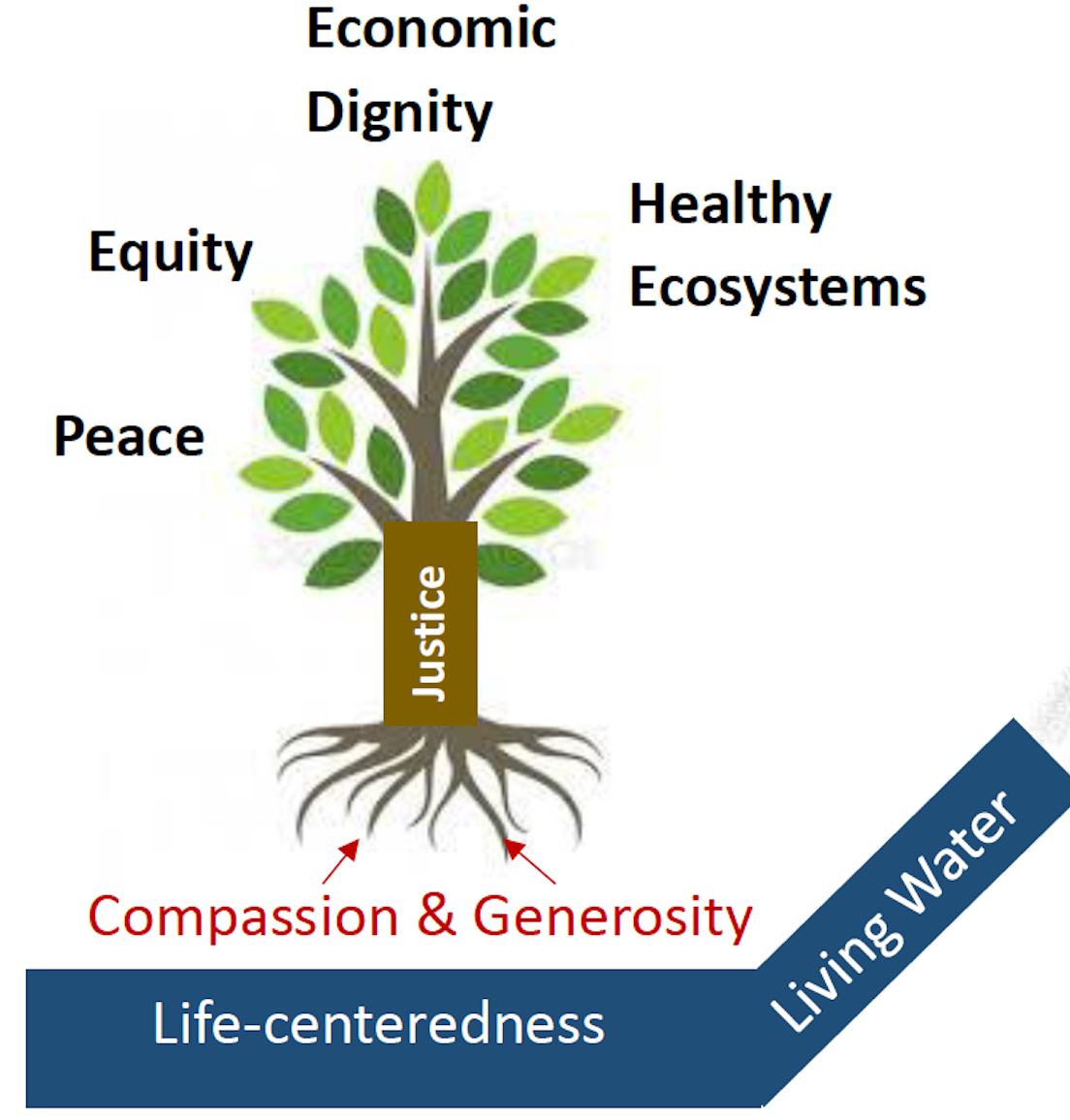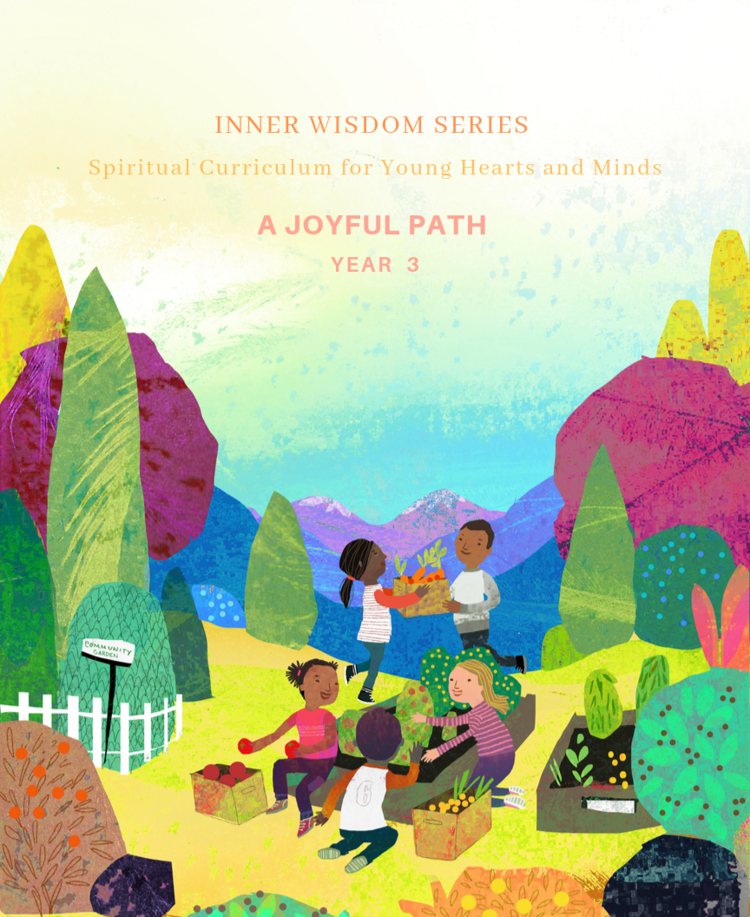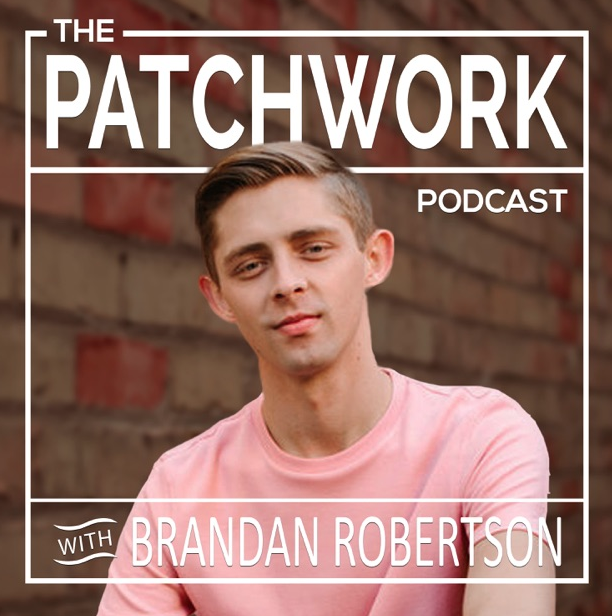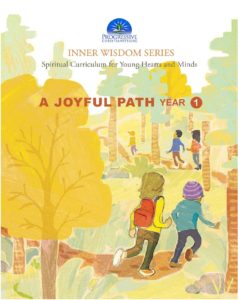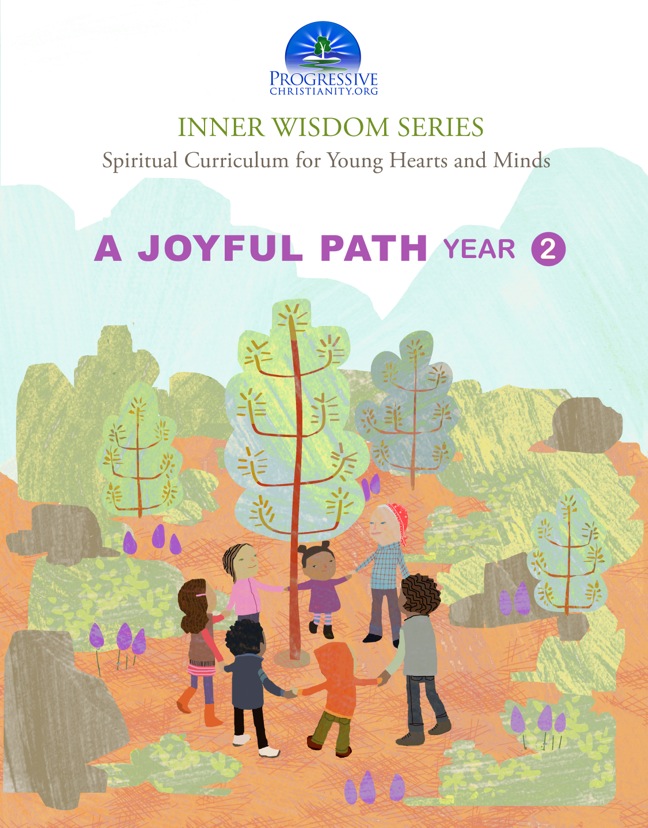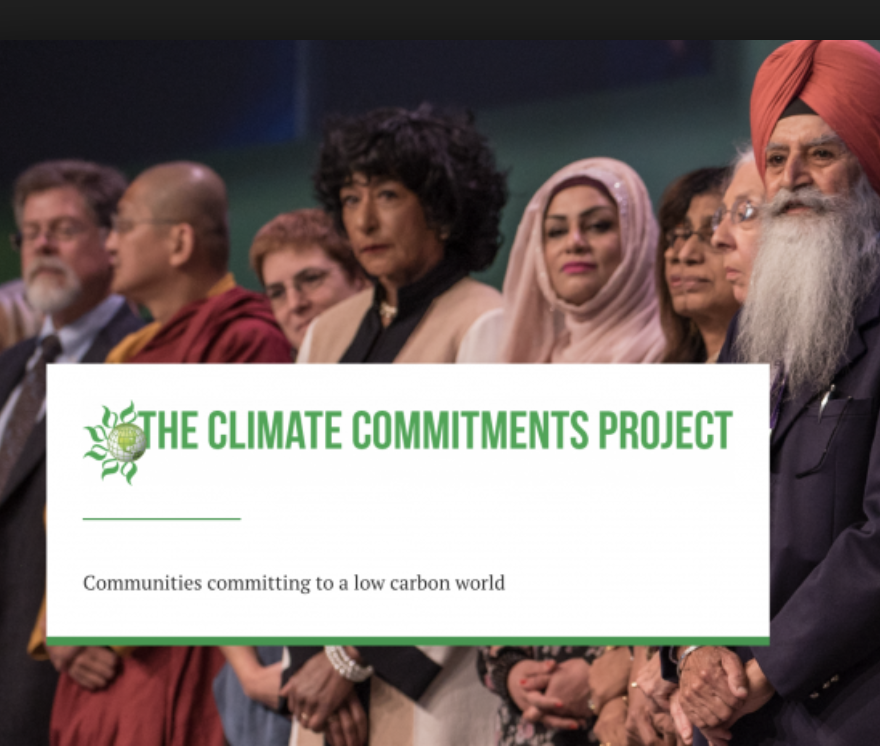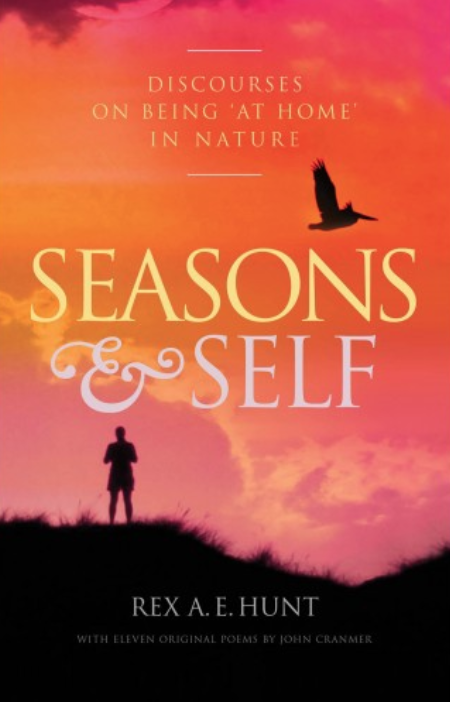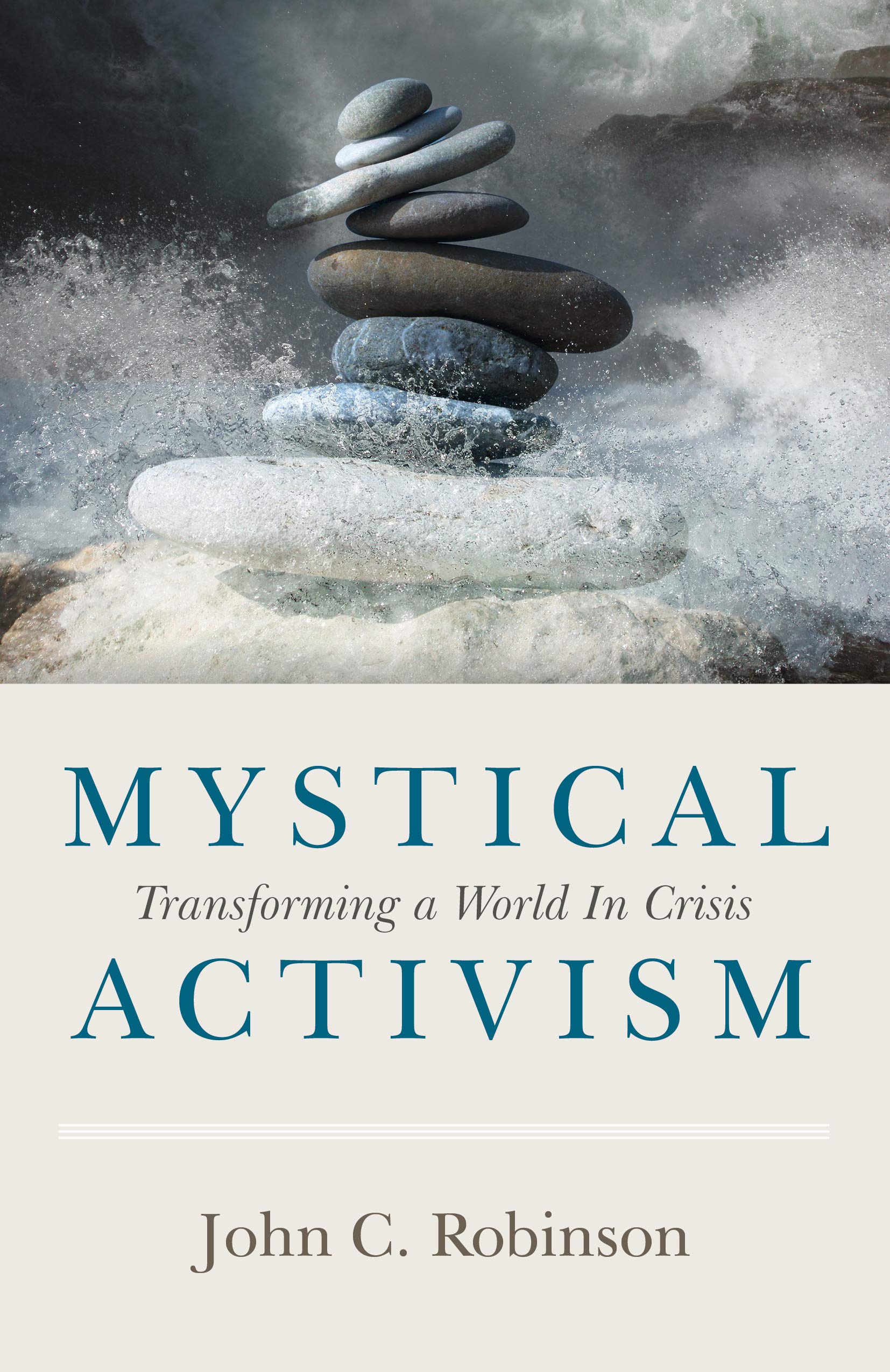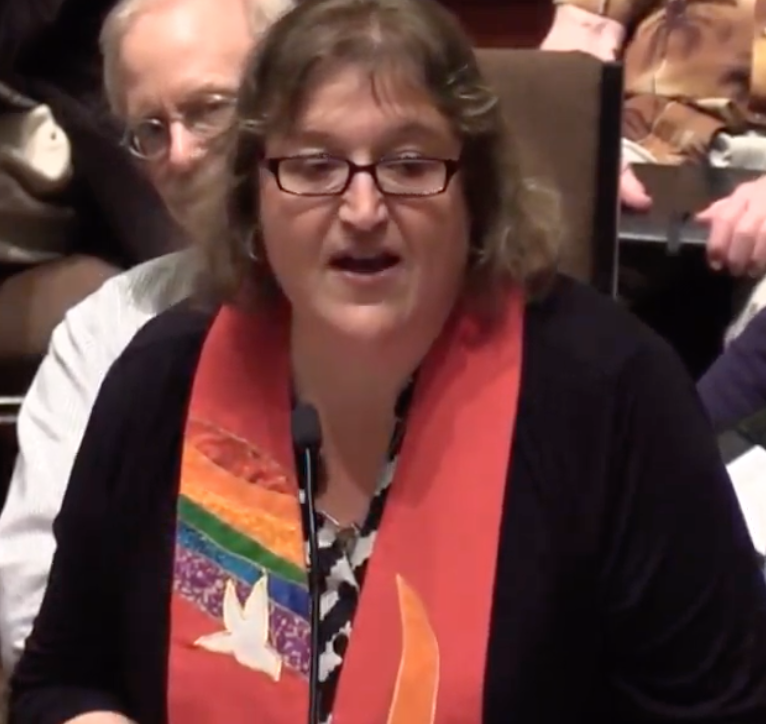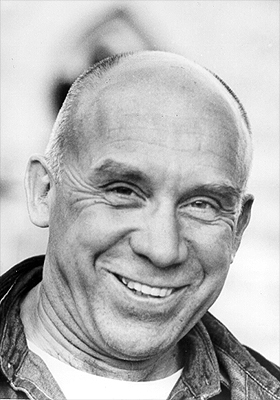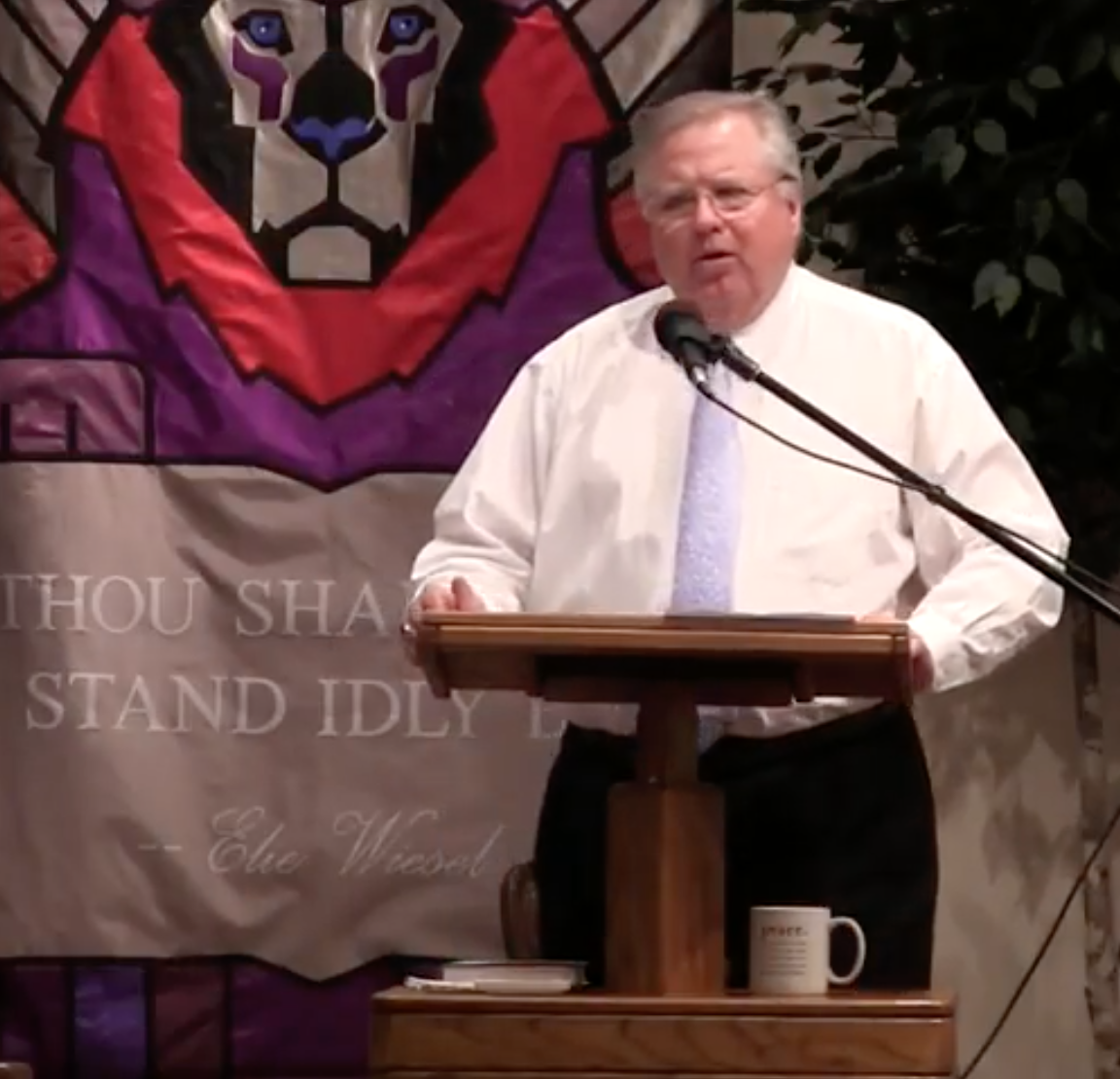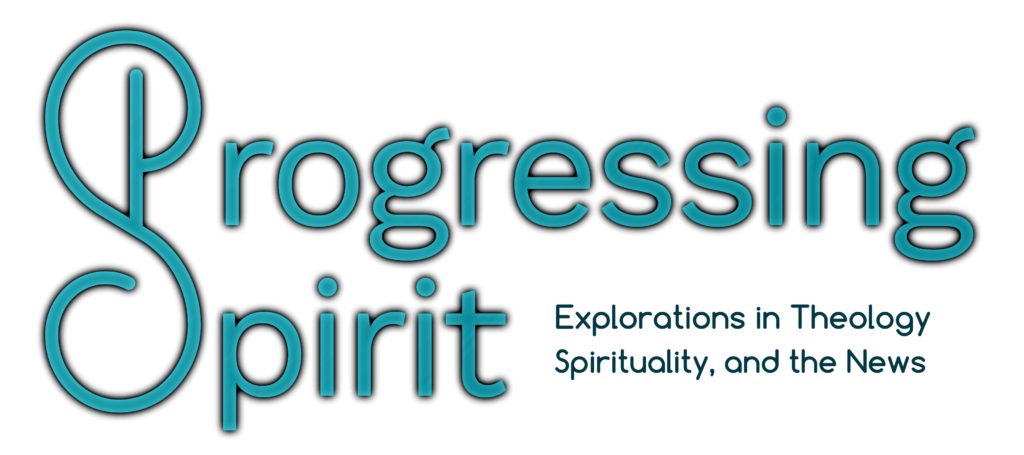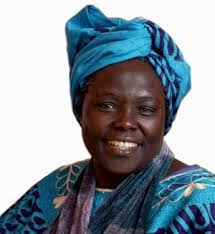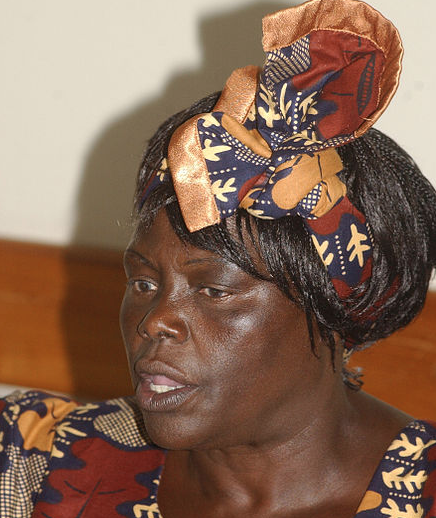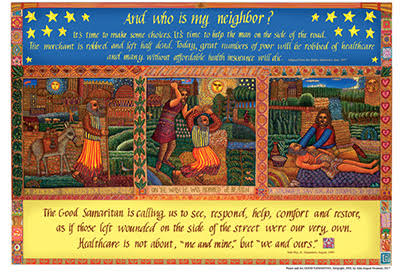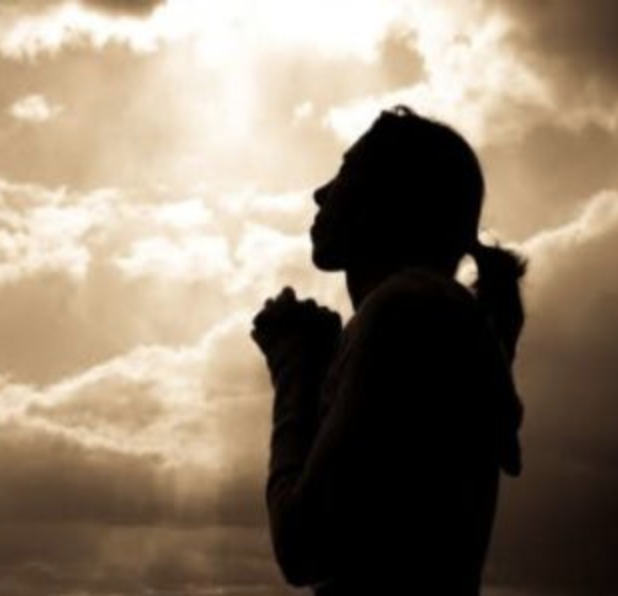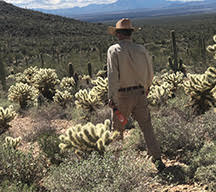A feature-length documentary, presents the remarkable life story of the Gandhian eco-activist and agro-ecologist, Vandana Shiva. And, a documentary about the Green Belt Movement of Kenya and its founder Wangari Maathai, the first environmentalist and first African woman to win the Nobel Peace Prize.
Politics and profit have tremendous influence over which foods we eat, especially the poor because almost all government agricultural subsidies go to beef, dairy, and grain production and less than 1% supports growing green vegetables and fruits.
The critical first step in harnessing the power of intersectionality is to convince activists of all stripes it’s in their best interest to move forward together. When this happens on a grand scale, the synergy possible will be extraordinary.
Will you join us in making a difference for children all over the world? Today, children are seriously undernourished when it comes to
by Terra Brockman for The Christian Century
This part of American history “is not taught in schools,” said Jolynne Locust Woodcock of the Oglala Lakota, Cherokee, and Northern Cheyenne Nations and another member of the Four Winds community. Nor do people discuss “what happened, who died, [or] at whose expense this country exists. It’s not acknowledged that we’re still alive, that we are a living, breathing, heartfelt bunch of people.”
It’s no secret that women all over the world play an important role in food systems—in cultivating gardens for school canteens in Cote d’Ivoire, producing more than half of the food supply for rural areas in South America, establishing seed banks in India, and developing agricultural technologies in Silicon Valley.
In the UPLIFT film ‘We Have the Power’, meet the unlikely leaders ending World Hunger. We are all more capable than we think.
Hosted by author and pastor Brandan Robertson, Patchwork brings together various voices and perspectives on the topics of spirituality, social justice, and culture to help you expand your mind and tap into a richer, fuller life.
WE NEED TO STOP LETTING THE SMALL THINGS SLIDE. Stop putting yourself and your needs first. Stop blaming the world outside for your irritation. Stop making excuses for not treating this world as though your every action matters. Stop pretending that the occasional Chick-fil-A doesn't make a difference.
*** This page has moved - please click here to Order Hard Copy and DVD. To see all Purchase Options Please Click Here.
*** This page has moved - please click here to Order Hard Copy and DVD. To see all Purchase Options Please Click Here.
In A Joyful Path, Year Two, we focus on some of the main tenets of Progressive Christianity and Spirituality, giving our children the foundation they need to walk the path of Jesus in today's world. It has stories and affirmations written to help children clarify their own personal beliefs while staying open to the wisdom of other traditions.
The poor of the planet stare us in the face. Disparity of wealth, in our country and elsewhere, is an outrage that cannot be endured. The numbers are literally unbelievable. The earth provides, but greed monopolizes the table, a select few taking it all while the many stare and starve.
The Parliament of the World’s Religions is thrilled to announce the launch of the Climate Commitments Project. This web-based resource is the virtual face of the Climate Commitments Project, our effort to coordinate and strengthen interfaith and faith-based climate action campaigns.
Seasons and Self is a courageous exploration into religious naturalism - sometimes called the 'forgotten alternative' - as well as contemporary critical biblical studies by one of Australia's leading progressives, Rex A. E. Hunt. A self-professed religious naturalist, progressive liturgist, and social ecologist., he belongs squarely within a post-liberal/ 'progressive' orientation. Rex A E Hunt acknowledges the principle attributed to the Brazilian theologian Rubem Alves: "I am not after conclusions... Conclusions are meant to shut... Every conclusion brings the thought process to a halt." The present collection is an invitation to readers to become curious and excited about what they read, and to explore further - beyond the tyranny of clear and distinct ideas! The author is concerned about 'likelihoods' and being 'open-ended' rather than closing any discussion with persuasion by argument. The intent is to strike a chord rather than 'shoehorning' something - ideas, answers, doctrine, correct belief - into people, often challenging the parochial and limited claims of traditional religions, or so-called pious biblical argument based on a proof-text zeal. While both science and progressive religion are to the fore in the topics and chapters of the collection of sermons, addresses and keynote presentations, there is also a strong hint of the poetic - all evoking a sense of awe and wonder at nature and the natural, rather than the supernatural. A radical theo-eco-logy! Themes addressed include evolution, earth, cosmos, food and wisdom, as well as Autumn, children, celebration and humour. All grounded in the Ordinary... in the hope that, collectively, they will stir one's own imagination. "Nature and naturalism are for us today the main game for any progressive spirituality," writes the author. "We are fully linked with our surroundings in time, space, matter/energy, and causality, and where the metaphor of 'web' is used to describe this interrelatedness - we create the web and the web creates us..."
To call these “end times” is hardly hyperbolic. We are in trouble and the signs are everywhere: extreme political divisions; xenophobic violence; enormous wealth inequity; poverty and homelessness; sexism and ageism; arms buildups and unending wars; and, most frightening of all, escalating climate disruption.
With series host Michael Dowd + 55 Experts
A worldwide movement is emerging at the nexus of science, inspiration, and sustainability. Beliefs are secondary. What unites us is a pool of shared values and commitments—and the vision of a just and healthy future for humanity and the larger body of life. This historic series of 30-60 minute Skype interviews showcases the work of many of today’s leaders and luminaries regarding what to expect in the decades ahead, what’s being done—what still needs to be done—and how to be in action despite enormous challenges. These 55 experts represent a veritable Who’s Who of prophetic inspiration.
Hear these free episodes of the Humankind on Public Radio Podcast
Sermon by Rev. Elizabeth Durant
A Locavore is a person whose diet consists only or principally of locally grown or produced food.
From The Parliament of World's Religions
The Parliament of the World's Religions is proud to distribute It's About Time, a weekly podcast produced in partnership with our allies at Religica.org and Seattle University.
Monday, December 10th marks the 50th anniversary of Thomas Merton’s death—which has now been confirmed as a martyr’s death by the recent solid and important investigative study, The Martyrdom of Thomas Merton by Hugh Turley and David Marin (as well as by my own encounters over the years with three CIA agents who were in Southeast Asia at the time).
Since the end of the Cold War, there has been a consensus among the political and media mainstream that “There Is No Alternative” to Capitalism, particularly the form of capitalism one finds in the context of globalization. “The Free Market”, it is said, will solve all our problems, and become the organizing principle the world over. The conflation of Capitalism and freedom itself has muted any debate that would suggest otherwise. At the same time, recent economic crises coupled with a growing clarity that unlimited growth is destroying the biosphere may suggest that the Capitalist era is coming to an end.
Dismayed on the Fourth of July: A Ministerial Journey with Donald Trump Growing up in a small town in southern Indiana, the Fourth of July meant friends coming to the house for a cookout, sitting on the front porch, devouring large chunks of sweet and juicy watermelon, and watching an Independence Day parade moving slowly down North Main Street. An American flag gently swayed in the afternoon breeze. The Fourth of July was about celebrating our country. It wasn’t about nationalism. It wasn’t about proclaiming that the United States was better than the rest of the world. Perhaps most notably, it was not a politicized holiday. It was a simple day, naïve to be sure, but a simple day of enjoying one another and remembering the founding of our nation. I share these memories because I’m painfully aware of how differently the Fourth of July feels to me this year under the presidency of Donald J. Trump. I’m guessing it feels differently for many Americans this year. I’m also thinking about it because a few weeks ago I received an email criticizing me over how I have been mixing religion and politics in my sermons, Facebook posts, and in a few of my Take a Breath blogs. But the one word that caught my attention in his long vituperative email was dismayed. He stated that he was “dismayed” that I would make a negative comment about “our” president, President Trump. No minister likes to receive this kind of email on a Monday morning, especially after preaching a sermon the day before, followed by the Coffee Fellowship hour (and fielding a variety of complaints about the anthem and altar flowers), and then a few committee meetings held later in the afternoon. Like most clergy, I prefer everyone to think that my sermons are brilliantly written and eloquently delivered. While I know a few clergy who thrive on stirring the pot week after week, I’m not one of them. I love the people in my congregation, and I also like it when they love me in return. (There. I said it.) Yet my skin has been crawling the past few weeks because of that word “dismayed” and the upcoming holiday of the Fourth of July. The word dismayed literally means the negation of something that is true. Or at least potentially true. Yet it’s more than that. It suggests that I had crossed a social, ecclesiastical or theological line. It’s a word that carries with it overtones of disappointment and shame. He wasn’t merely saying that he disagreed with me; he was saying I should be ashamed of what I was saying regarding faith and the political realities of our world. To be dismayed doesn’t mean a difference of opinion; it suggests anguish, hurt and pain. I’m too much of a curmudgeon these days for a scathing email to derail me. But it did throw me into a state of self-reflection over what it means to be a minister of the Christian faith during the Trump presidency. It has been a cloud, to be sure, or more like a fog, that touches everything about how I approach my work as a clergyperson. I don’t want a church where everyone agrees with me. I have repeatedly urged my congregation, First Congregational Church of Los Angeles, to be a “journey” church and not an “answer” church. I love the diversity of thought and feeling in our congregation. As for myself, all I can do on a Sunday morning is preach the best message I know how to preach at any given moment of my life. I’ve changed my mind through the years. I’ve made mistakes through the years. But in the end, when the bells chime at 11:00 AM, it’s my job to say something about God and what is happening in the world. Or as Paul Tillich used to remind his students, my job is to help the gospel make contact with the world. Knowing he was dismayed caused me to re-check my capacity for empathy. I don’t mean to suggest that I’m right and he’s wrong, or that I feel sorry for him because he hasn’t evolved to my point of view. I honestly want to understand what he thinks and believes. When people say they don’t want “politics in the church,” they may be acknowledging how stressful political discourse has become in our society, and that when they come to a worship service, they want to find something inspiring to help them make it through another week. I understand that. My view of faith is a little broader, because I happen to think Jesus was political. Faith should always be about interacting with our real world. I also think there’s a way to find refreshing spiritual renewal, while at the same time caring passionately about what is happening in our nation. That said, after receiving his email, a new sense of clarity began taking shape inside my consciousness. I realized that I, too, am “dismayed.” Deeply, passionately, and theologically dismayed. I’m dismayed because of the presidency of Donald J. Trump. I’m anguished over what I see happening to our nation. In fact, I’m dismayed that more church members aren’t dismayed along with me, feeling a sense of outrage over issues of injustice and indignity that happen regularly in the political circus that is the Trump presidency. I’m only now realizing that my feeling of being dismayed has shaped everything about who I am as a clergyperson for the past two years, including my sermons, posts and blogs. I’ve tried to restrain my feelings. I have had to talk myself off the ledge numerous times after writing vitriolic posts or deleting whole paragraphs, and in some cases, entire sermons on a Saturday night. But at a certain point, even a minister has to be honest about his or her real experience. I believe churches deserve our honesty. My real experience is that I am dismayed . . . I am dismayed because, at least according to the Washington Post, this president has lied to the American people over 3000 times, and that it is now to the point that no one knows what is true and what is false, what is spin and what is fact. The White House cannot be trusted. This is a fundamental loss in our country. The idea of not bearing “false witness” is essential to the Jewish and Christian faiths, and in fact, it is an essential dimension of morality found in all the great religions of the world. I am dismayed that this president has created foreign policy chaos, including breaking alliances with longtime allies and friends and making our world a more dangerous and unpredictable place. As a clergyperson, I believe we live in a global village, and now more than ever the complexity of the world must be approached with wisdom, insight and intellectual rigor. The survival of the planet now depends upon the moral reasoning of our global leaders, and this is a special burden of responsibility that the President of the United States of America must carry. Even his handshake diplomacy with North Korea feels nervously shaky and unclear. I am dismayed that this president, during a real-time climate disaster, has withdrawn the United States from the Paris Climate Accord, not to mention leading an administration that continues to roll back important regulations and environmental protections. My faith moves me to understand the earth as the body of God, and how we treat the earth is how we are treating the great Spirit of love that is in all things, through all things, and above all things. Furthermore, it has been proven again and again that those who suffer most from a collapsing environment are the poorest of the world’s poor. This is not a political issue; climate change is a moral issue. I am dismayed that this president regularly diminishes the American justice system, including the work of men and women in the Department of Justice, CIA and FBI, and that he has continued to use the Attorney General as his personal piñata. Many of these people kept our nation safe after 9/11. We are a nation of laws, and these laws have their roots in a democratic vision established in the original founding of our nation. While I believe in the separation of church and state, and I have never publicly endorsed a political candidate, I know enough about American history to note that religious faith fundamentally shaped our democracy that is based upon law and not personality. I am dismayed that this president continues to undercut the work of the special prosecutor, Robert Mueller, and is now arguing that, as president, he is above the law, immune to indictment and empowered with the authority, not only to pardon his friends, such as Michael Flynn and Paul Manafort, but is able to pardon himself. I am old enough to remember the crisis of Richard Nixon and Watergate. I had come to believe that our nation understood that no one is above the law, including the president. As a clergyperson, I understand that the misuse of power is one of the great moral issues of our time, and that all power, whether political, ecclesiastical or corporate, must be used judiciously and with unblinking self-honesty. I am dismayed that this president regularly diminishes women, and for that matter, almost anyone different from himself. Evidently he as bought the silence of many women in order to protect his reputation. My faith embraces an egalitarian view of women, believing that they have every right to make contributions to the church and world, and when this president diminishes one woman, he is diminishing all women. Moreover, his vulgarization of women provides a cultural permission slip for other men to do the same, something that is regressive and reprehensible, especially given the realities of the “Me-Too Movement” at the beginning of the 21st century. I am dismayed that this president has offered no humane, compassionate, constructive solution to the challenge of immigration in our country. Building a wall is not a solution; it is only a clichéd campaign slogan. Again, my faith encourages me to love my neighbor as myself, especially caring for the stranger and those who are most vulnerable in life. Even as I write, parents and children are being separated at the southern border of America, all in the name of American justice. If this is American justice, then it is an America I clearly do not recognize. This strategy betrays everything good and true thing about Jesus, who said centuries ago, “Let the little children come unto me.” I am dismayed that this president has not exhibited the moral capacity to understand the anguish of African Americans in our country, especially when he argues that there are “good” neo-Nazis and white supremacists, not to mention publicly shaming black athletes protesting police violence by peacefully kneeling during the national anthem. Of course, his personal endorsement of disgraced actress Roseanne Barr, who was recently fired because of abhorrent racist tweets, is deplorable enough. But when given an opportunity to respond to her incendiary remarks, the president turned it into a narcissistic complaint about his own sense of injustice. My faith teaches me that all people are children of God and that every human being deserves respect and dignity. A few months ago I was watching the television show “Morning Joe,” and they were lamenting the troubles of the day as they do most mornings, but that day the conversation turned to religion. The panel went back and forth until someone asked: “Where are the ministers now? Are any of them speaking up?” These are important questions. Jim Wallis? Of course he’s speaking up. Al Sharpton? Yes, he always speaks up. William Barber? Yes, he’s leading the Poor People’s Campaign. But when you’re in a parish, seeing the same people week after week, it’s not easy to speak up. We love our people and our people love us. People want all kinds of things from their church, including spiritual renewal for their challenging lives. And yes, I’m guessing that a few people in my church voted for Donald Trump. Yet people also want some truth. From time to time I think people need (and deserve) to know what their minister really thinks and feels. It’s risky, to be sure. And it’s challenging. Maybe it can’t be done every Sunday. I don’t know. The full spectrum of life has to be honored in a parish context. But every now and then I’m convinced it’s good for the church and good for the minister to just say it, to stand up and say what he or she is really thinking and feeling and believing. As for me, on the birthday of our nation, July 4th, 2018, it seems like a good day for me to say what I am feeling – I am dismayed. I am dismayed on the Fourth of July. R. Scott Colglazier is Senior Minister of First Congregational Church of Los Angeles and the author of the popular online blog – “Take a Breath” (www.rscolglazier.com). His work as a religious leader has been featured in The New York Times, the CBS Morning Show and CNN. I’m painfully aware of how differently the Fourth of July feels to me this year under the presidency of Donald J. Trump. I’m guessing it feels differently for many Americans this year. I’m also thinking about it because a few weeks ago I received an email criticizing me over how I have been mixing religion and politics in my sermons, Facebook posts, and in a few of my Take a Breath blogs. But the one word that caught my attention in his long vituperative email was dismayed. He stated that he was “dismayed” that I would make a negative comment about “our” president, President Trump.
The kind of despair that prompted ancient religious communities to write warnings of an Apocalypse that comes from the judgment of God is out of place in our modern era but it doesn't mean that we cannot face an Apocalypse of our own making - an Apocalypse born of a breakdown of public conscience, a shift from the ethics of democracy to the violent oppression of a financially driven oligarchy that monetizes the earth and devalues human life.
An inclusive and pioneering exploration of Theology, Spirituality and Current Events
With thousands of subscribers around the globe, Progressing Spirit is the world’s leading outlet for an intelligent, inclusive, and pioneering exploration of today’s theological, spiritual, and social advancements.
To commemorate and honor the life and work of Professor Wangari Maathai, the Collaborative Partnership on Forests (CPF) opened Forest Day 5, one of the most intensive and influential annual global events on forests, with a short video about the Nobel Laureate.
Wangari Muta Maathai was an internationally renowned Kenyan environmental political activist and Nobel laureate.
Order this and other biblically-based social justice posters from LA artist John August Swanson Many millions of hungry people got fed, effectively
O God who suffers at our spiritual and ethical failings, and rejoices at the turning to virtue of our hearts and spirits: We confess that we have gone astray by our thoughts, words, and deeds. We have been irresponsible by what we have done, as well as what we have left undone.
It is no longer paranoid fantasy to say that we are being watched all the time. GAFA (Google, Apple, Facebook, and Amazon) are literally studying our every move. These corporate black holes, concentrating capital and power through their monopolistic legacy positions, silently observe our physical movements, purchases, clicks, and fine-grained preferences. Cambridge Analytica watched us during the last election cycle, snatching personal data about us from Facebook and targeting misleading messages to vulnerable subgroups for the benefit the Trump campaign. Russia’s ruling kleptocracy is watching us, refining strategies to manipulate our elections. The US government is watching us, sampling our mobile phone conversations, internet activity, and even our facial expressions in airports and other public places.

